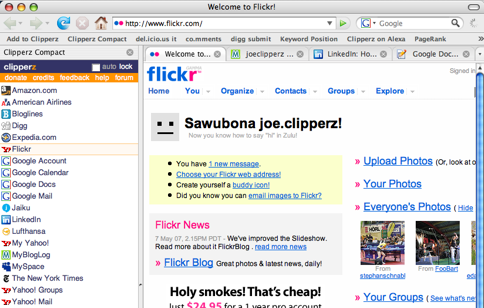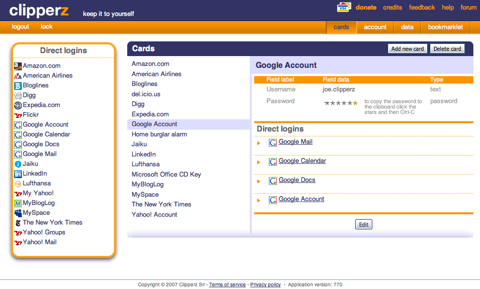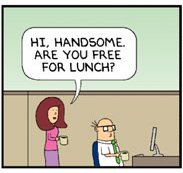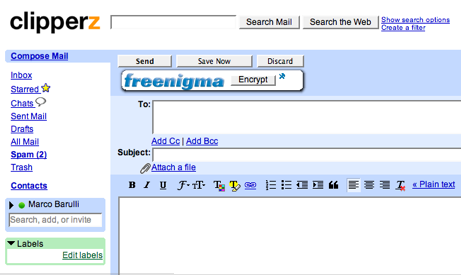User authentication and online password managers
June 19, 2007Authentication is an essential part of any web application. But why are web service providers so secretive about their authentication protocols and procedures? Why they are not disclosing any information about how users’ credentials are communicated, verified and stored?








 Mastodon
Mastodon GitHub
GitHub Twitter
Twitter Google
forum
Google
forum